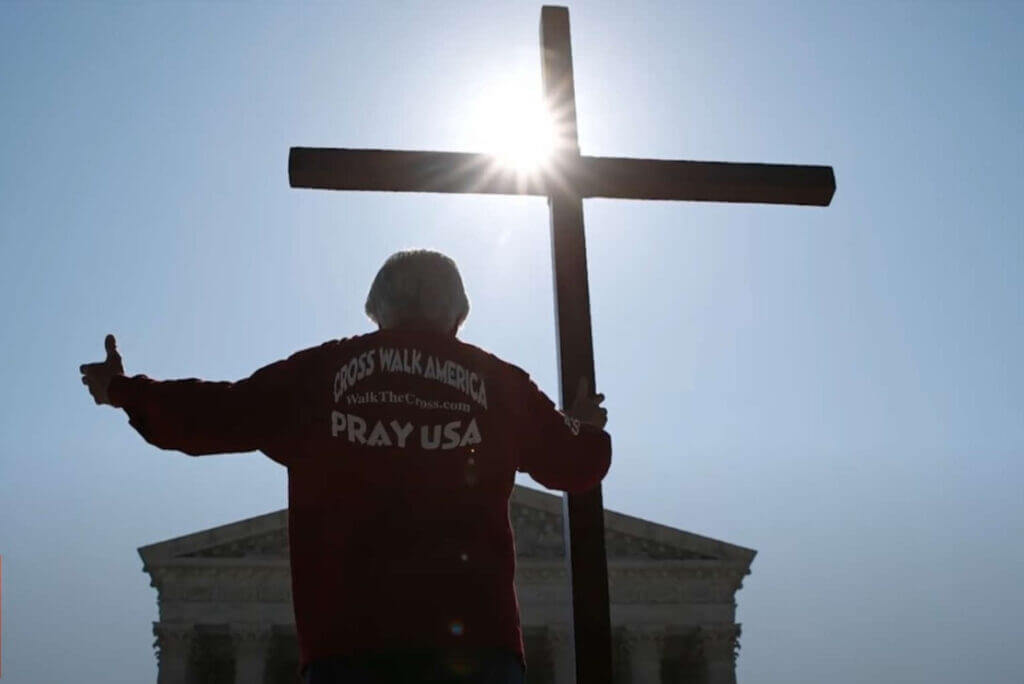With the arrival of Election Day, many people are more intently examining polls in an effort to determine the likely outcome of the presidential race between Donald Trump and Joe Biden.
On one hand, Biden has held a consistent lead in the average of national polls. The same website’s aggregation of state polls suggest a significant lead for Biden in the Electoral College vote as well.
On the other hand, similar indicators four years ago pointed to a Hillary Clinton victory—yet in the end, she lost in the (decisive) Electoral College, despite winning the popular vote. These comparisons are keeping Trump supporters hopeful, and Biden supporters on edge.
However, there is another way of predicting the outcome that has nothing to do with polls. Instead, it has to do with repeating patterns of history.
There is one such pattern I have never seen anyone describe: Since the 1951 ratification of the 22nd Amendment, which limited the president to a maximum of two terms, we have had an almost unbroken pattern of the two major parties, Republican and Democratic, alternating in their control of the White House every eight years.
After the first president, George Washington, voluntarily stepped down after serving two terms, subsequent presidents had followed that tradition. First elected in 1932, Franklin Roosevelt broke with that tradition when he sought, and won, a third term in 1940. He was then reelected to a fourth term in 1944—but died shortly after it began, in 1945. The 22nd Amendment, introduced in 1947 and ratified by 1951, ensured that no future president would be able to maintain a similar hold on the office.
People of my (Baby Boomer) generation have witnessed convulsive events such as the assassination of one president (Kennedy) and the resignation of another (Nixon), plus two who were impeached but not convicted (Clinton and Trump). During the period from 1968 to 1992, in a stretch of seven presidential elections, four of them featured an incumbent eligible for reelection who was not reelected: Johnson (1968) chose not to run; Ford, who succeeded Nixon, was defeated (1976); as were Carter (1980) and George Bush (1992) in their reelection bids.
Nevertheless, beginning with the Republican Eisenhower (serving 1953-61), Democrats Kennedy and Johnson (1961-69), and Republicans Nixon and Ford (1969-77) and ending with the more recent occupants of the White House Bill Clinton (1993-2001), George W. Bush (2001-2009) and Barack Obama (2009-2017), the eight-year cycle of party control has mostly held.
Since a Republican, President Trump, has currently occupied the White House for only four years, this pendulum swing pattern of history points toward his reelection, giving Republicans control of the White House until the 2024 election.
In the 64-year period from 1953-2017—16 four-year presidential terms—there has been only a single exception to this pattern of eight years in, eight years out, in terms of partisan control of the White House.
That exception was Republican Ronald Reagan’s defeat of Democrat Jimmy Carter’s bid for reelection in 1980, after only four (not eight) years of Democratic control of the White House.
The question, then, is—does 2020 resemble 1980?
There’s no question that 2020 has been an exceptional year. The coronavirus pandemic and the unrest in American cities following the death of George Floyd (and other African Americans) as a result of police action will make this year go down in history. But what does that mean for the election?
Does incumbent President Donald Trump resemble Jimmy Carter? In personality, the soft-spoken Carter and the brash Trump could not be more different. However, both faced unique challenges that began with events no one could have predicted.
For Carter, it was the Iran hostage crisis. The seizure of American diplomats late in 1979 and their continued captivity throughout 1980 contributed to an impression of American impotence.
Do the continuing pandemic or racial unrest in 2020 make Donald Trump similarly vulnerable?
On the other hand, few observers, left or right, would question that Ronald Reagan was a unique political talent.
Liberals are fond of claiming that they stand on “the right side of history” (especially when they are on the wrong side of majority opinion). But regardless of polls, personalities or policies, precedent suggests that Donald Trump’s reelection bid is on the right side of history in 2020. {eoa}
For the original article, visit blog.fraction.org.
See an error in this article?
To contact us or to submit an article






















